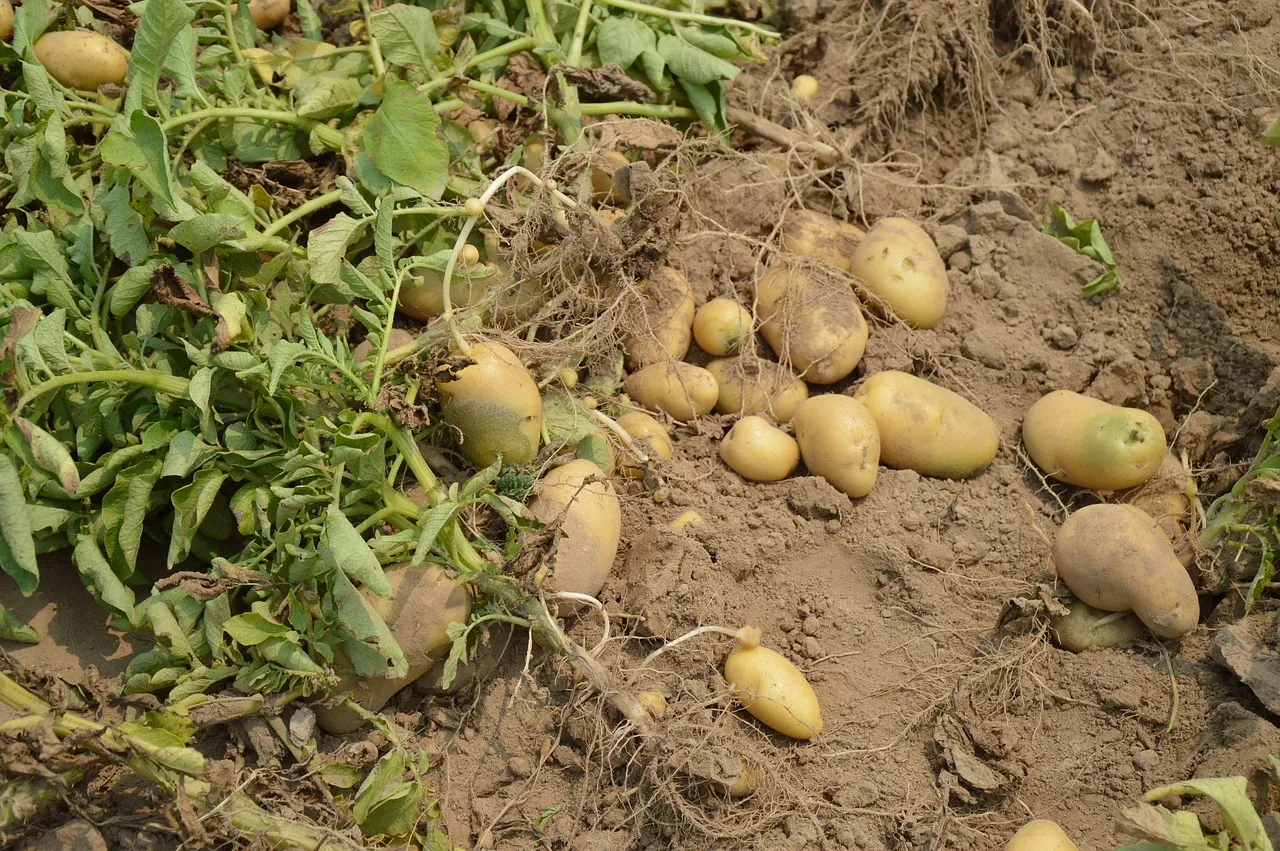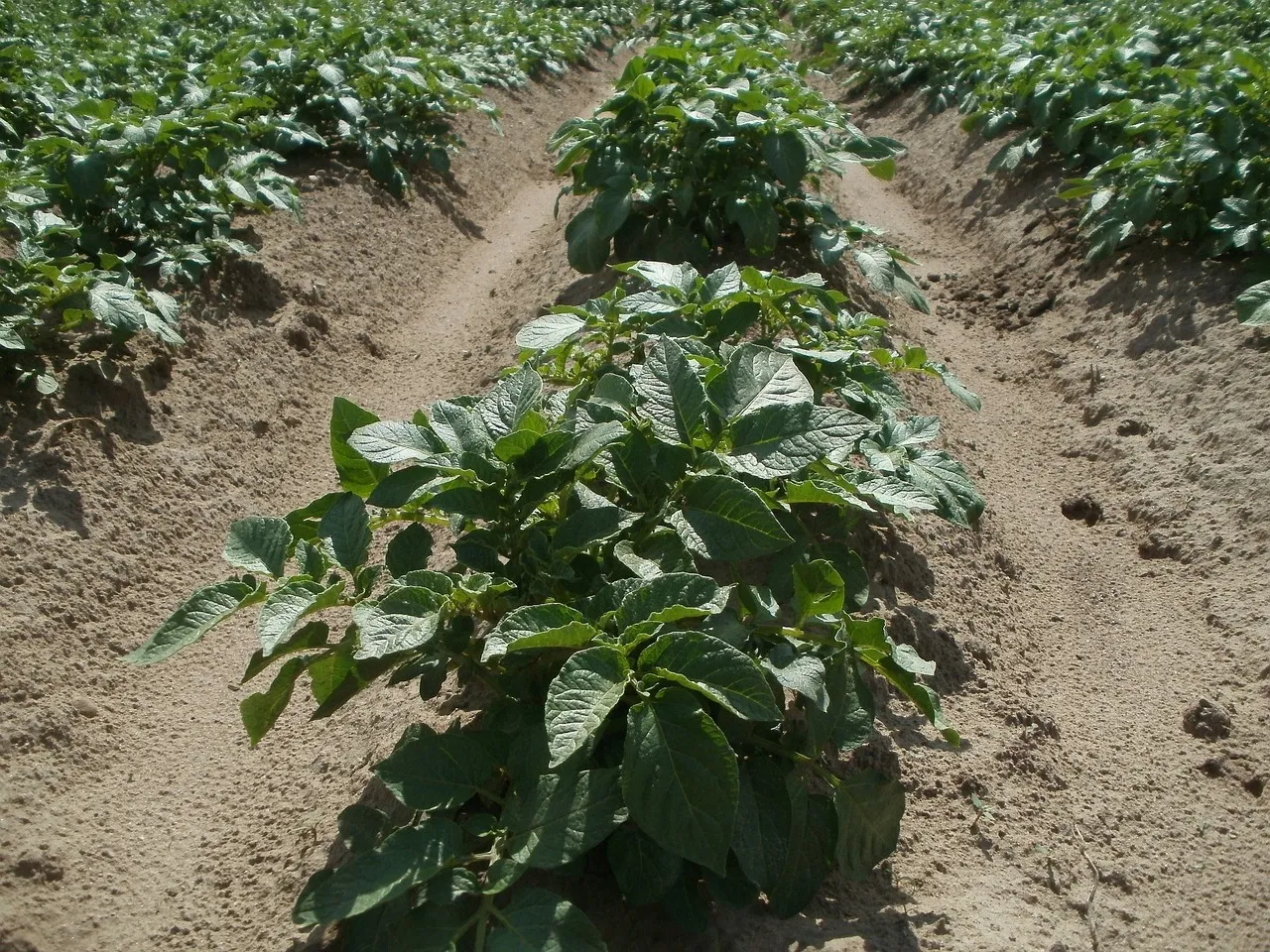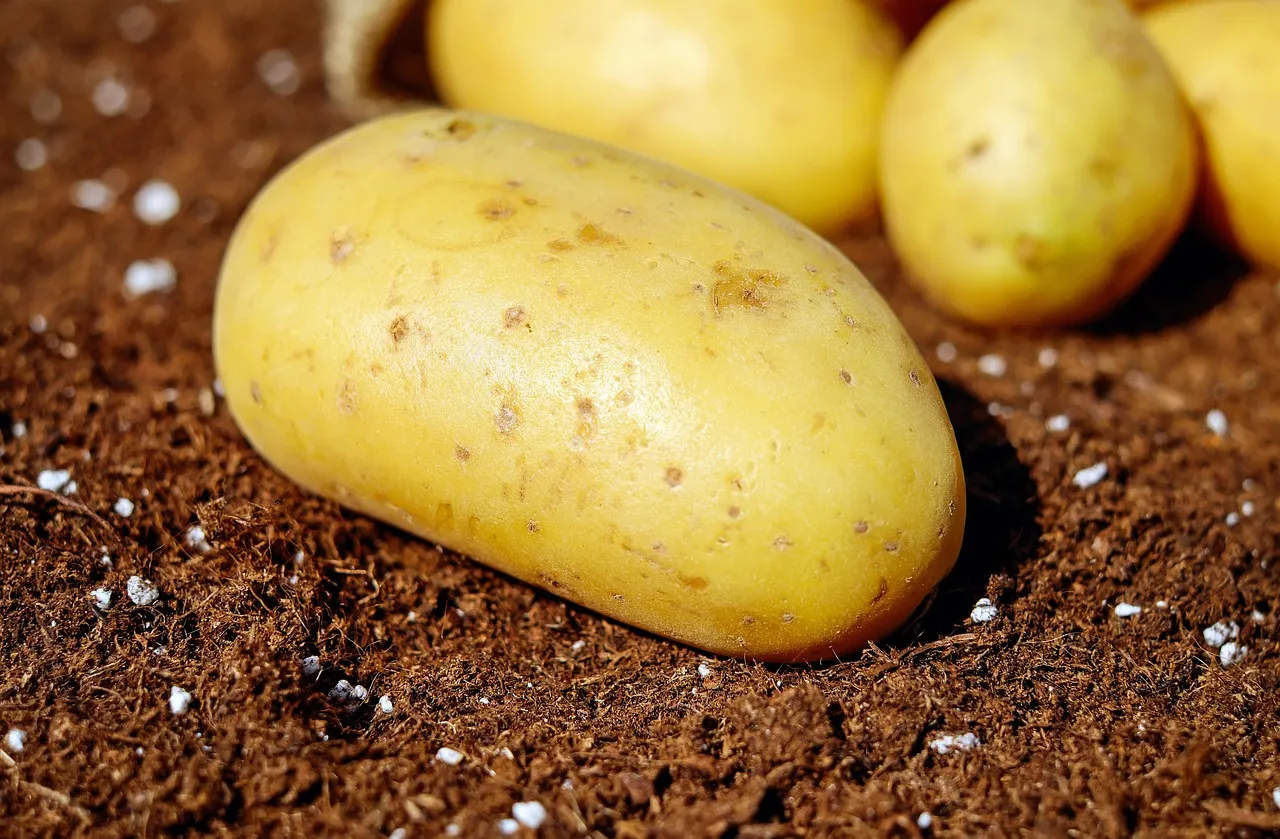One of the most common and adaptable vegetables grown and eaten globally is the potato. Conventional farming techniques, however, use pesticides and fertilisers that are hazardous to the environment and human health. Sustainable and environmentally friendly, organic farming encourages soil health, biodiversity, and human welfare. We will go over how to cultivate organic potatoes in India in this blog as well as some of the locations where organic farming is taking place both in India and throughout the world.
Growing Organic Potatoes in India
By following these steps one can cultivate organic potatoes in India:
Choose the Correct Variety:
Go for a potato variety that is compatible with the soil and climate in your area. The potato types Kufri Jyoti, Kufri Chandramukhi, and Kufri Bahar are some of the most well-liked ones in India.
Preparing the Soil:
The soil is the first step in organic gardening. Compost, manure, and other organic matter should be added to your soil before planting to improve soil fertility and structure. Potatoes should have a pH between 5.0 and 6.0.
Sow the seed potatoes:
You create new plants by planting small, whole potatoes called “seed potatoes.” Sow seed potatoes 12 to 15 inches apart, 4-6 inches deep, and in well-drained soil. The seed potatoes can also be divided up into smaller pieces, but make sure that each one has at least one eye or bud.
Water and Mulch:
Mulching inhibits weed development and aids in soil moisture retention. To cover the soil around the potato plants, use organic materials like straw, leaves, or grass clippings. Regular watering plants on is essential, but overwatering can cause root rot.
Controlling pests and diseases:
Natural pest control techniques used in organic farming include crop rotation, companion planting, and beneficial insects. To combat pests and diseases, you can also use organic sprays made from garlic, neem oil, or other natural substances.
Harvesting and storing potatoes:
Harvest your potatoes after the plants have withered back and the leaves have gone yellow. Dig the potatoes out gently, brush off the dirt, and set them aside to dry for a few days in a cool, dry place.

Places in India and Worldwide where Organic Farming is Happening
Due to its multiple advantages for the environment and human health, organic farming is becoming more and more popular in India and throughout the world. Following are some locations where organic farming is practised:
- Sikkim: In 2016, Sikkim became the first entirely organic state in all of India. On its 76,000 hectares of agricultural land, the state has adopted organic farming techniques, producing a range of organic crops, including potatoes.
- Maharashtra: Maharashtra has promoted organic farming through a variety of initiatives and financial incentives, such as the state government’s plan to turn 10,000 hectares of arable land into organic farms.
- Andhra Pradesh: By 2024, Andhra Pradesh wants to consume only organic foods. Zero Budget Natural Farming (ZBNF) is a programme that the state has put in place to encourage chemical-free farming methods and lower the cost of production.
- Europe: Europe is a pioneer in organic farming, with Austria, Sweden, and Switzerland having some of the highest adoption rates. The European Union unveiled its Farm to Fork Plan in 2020 with the intention of raising organic farming’s proportion in the EU to 25% by the year 2030.
- United States: There has seen substantial expansion in organic farming in recent years. Around 18,000 organic farms are now certified across the United States. California, Washington, and Oregon are Some of among top states in the US those who produce potatoes from Organic agriculture.
- Latin America: The region produces a significant amount of the world’s organic food exports, with nations like Chile, Argentina, and Peru producing a wide range of organic products, including potatoes.
- Asia-Pacific: Organic farming has grown significantly over the past few years in the Asia-Pacific region as well. Some of the main nations in the region with the highest adoption rates of organic farming include Australia, New Zealand, and Japan.
In India the Producing organic potatoes of appropriate variety, soil preparation, planting seed potatoes, mulching, watering, disease and pest control, harvesting, and storage. By endorsing organic farming methods, we can contribute to creating a healthier and sustainable food system for both present and future generations.

Benefits of Organic Potato Farming:
Better soil quality:
Improved soil fertility and structure are made possible by organic farming techniques include crop rotation, intercropping, and the application of organic matter like compost and manure.
Reduced water pollution:
Organic agricultural methods avoid the use of synthetic pesticides and fertilisers, which can leak into groundwater and cause water contamination.
Better taste and nutrition:
Improved flavour and nutrition: Organic potatoes are cultivated without the use of chemicals and have been found in studies to contain higher amounts of nutrients like vitamin C and antioxidants than potatoes farmed in a conventional manner.
Lower carbon footprint:
By using fewer synthetic fertilisers and pesticides and by encouraging soil carbon storage, organic agricultural practises can assist to lower greenhouse gas emissions.
Support for biodiversity:
Biodiversity support: Organic farming methods support biodiversity by fostering habitats for helpful wildlife, such as birds, insects, and other animals that can help control illnesses and pests.
Cost-effectiveness:
Reduced input costs:
Since organic agricultural operations don’t require as many expensive synthetic fertilisers and pesticides, they can eventually be more affordable.
Higher crop yields:
Research have shown that organic farming can produce crop yields that are comparable to or higher than those produced by conventional farming techniques.
Higher market prices:
Organic product frequently sells for more money than conventional produce, giving farmers a better return on their investment.
Maintenance:
- Natural techniques of pest and disease control are used in organic farming practises, which reduce the need for chemical interventions. These approaches include companion planting, crop rotation, and the employment of beneficial insects.
- Soil upkeep: Organic agricultural techniques encourage soil fertility and health, which minimises the need for pricey soil supplements.
- Regulation compliance: Certain organic certification standards, including as record-keeping, farm inspections, and adherence to particular organic farming techniques, must be met by organic agricultural practises.
In summary, organic potato cultivation has a number of advantages over conventional farming, such as improved soil quality, less water pollution, greater taste and nutrition, a smaller carbon impact, and support for biodiversity. Long-term costs may also be lower, with comparable or even better crop yields than with traditional farming techniques. Maintaining healthy soil, adhering to rules, and controlling pests and diseases naturally are all necessary for organic farming operations.
#OrganicFarming #Sustainability
